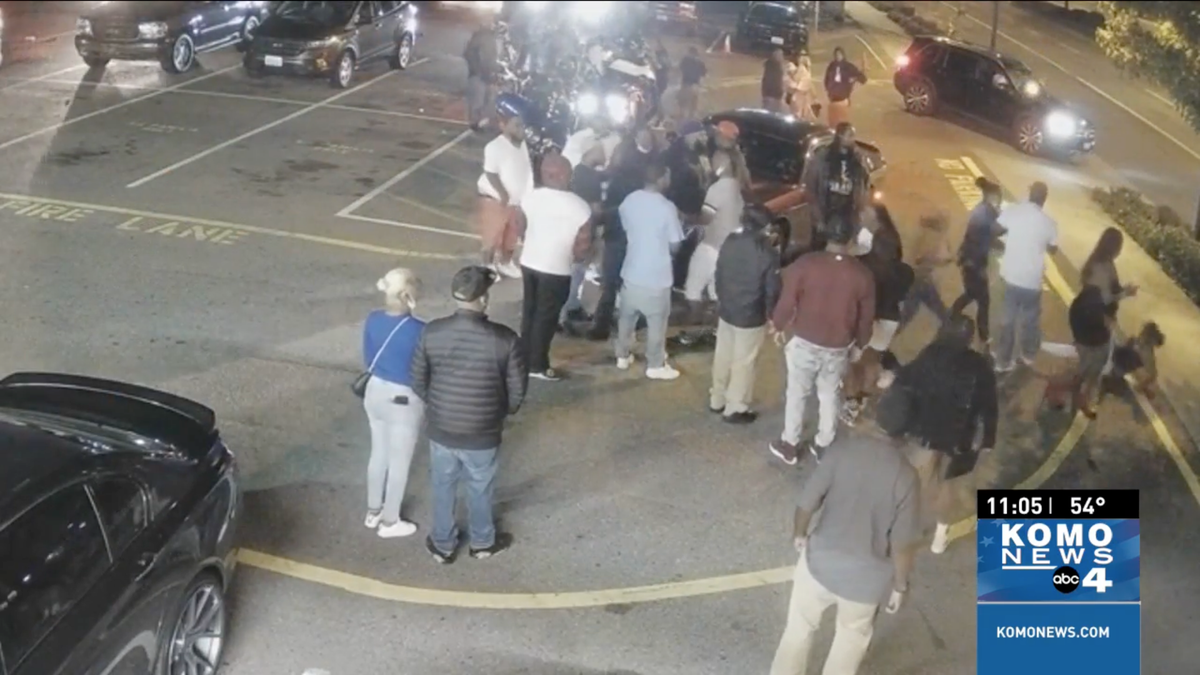- cross-posted to:
- [email protected]
- cross-posted to:
- [email protected]
A judge in Washington state has blocked video evidence that’s been “AI-enhanced” from being submitted in a triple murder trial. And that’s a good thing, given the fact that too many people seem to think applying an AI filter can give them access to secret visual data.



There’s a grain of truth to that. Everything you see is filtered by the limitations of your eyes and the post-processing applied by your brain which you can’t turn off. That’s why you don’t see the blind spot on your retinas where your optic nerve joins your eyeball, for instance.
You can argue what objective reality is from within the limitations of human observation in the philosophy department, which is down the hall and to your left. That’s not what we’re talking about, here.
From a computer science standpoint you can absolutely mathematically prove the amount of data that is captured in an image and, like I said, no matter how hard you try you cannot add any more data to it that can be actually guaranteed or proven to reflect reality by blowing it up, interpolating it, or attempting to fill in patterns you (or your computer) think are there. That’s because you cannot prove, no matter how the question or its alleged solution are rephrased, that any details your algorithm adds are actually there in the real world except by taking a higher resolution/closer/better/wider spectrum image of the subject in question to compare. And at that point it’s rendered moot anyway, because you just took a higher res/closer/better/wider/etc. picture that contains the required detail, and the original (and its interpolation) are unnecessary.
You cannot technically prove it, that’s true, but that does not invalidate the interpolated or extrapolated data, because you will be able to have a certain degree of confidence in them, be able to judge their meaningfulness with a specific probability. And that’s enough, because you are never able to 100% prove something in physical sciences. Never. Even our most reliable observations, strongest theories and most accurate measurements all have a degree of uncertainty. Even the information and quantum theories you rest your argument on are unproven and unprovable by your standards, because you cannot get to 100% confidence. So, if you find that there’s enough evidence for the science you base your understanding of reality on, then rationally and by deductive reasoning you will have to accept that the prediction of a machine learning model that extrapolates some data where the probability of validity is just as great as it is for quantum physics must be equally true.